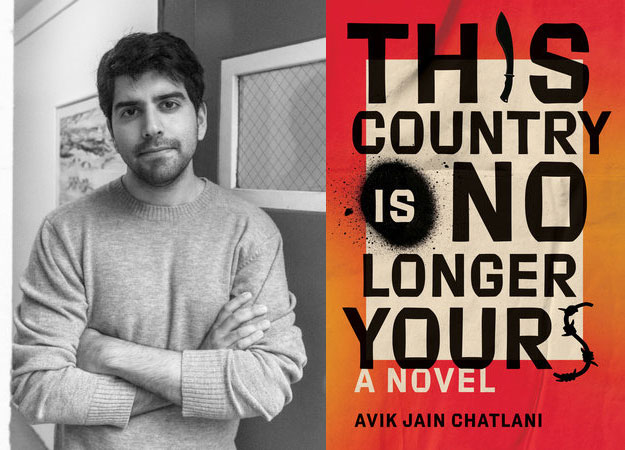It’s a cliché to say that a place can act as a character in a novel. Yet when we want to understand the character of a place, we look to the history genre to get the goods. With The Great River: The Making and Unmaking of the Mississippi, Boyce Upholt effectively upends that tradition. Eschewing timeline chronology and embracing the quirky, ever-shifting nature of his subject, Upholt offers us what one might call a biography of the Mississippi. It’s a fast, fun reading experience that examines its subject with a seriousness and subjectivity to craft a compelling narrative that brings the river to life. Unsurprisingly, the Mississippi has a lot to say.
The subtitle of the book, “The Making and Unmaking of the Mississippi” is important. This is a story about a character, the Mississippi River, under constant assault from humans who tried to live nearby. Upholt tells the story of the civilizations that ruled the wild land long before settlers arrived to begin the real assault. While we’ve been informed of the various “mound builders” who came before settlement, Upholt does a wonderful job describing the bustling cities created alongside the vast floodplains. But these cities disappeared, as did the people who built them.
Upholt describes the battle of man versus landscape as America pushed westward with narrative expertise. What nature had on offer was inconvenient for men. The serpentine curves and floodplains made travel difficult and economic exploitation more expensive. Woven onto this story is the story of the Army Corps of Engineers, and the moderately mad men who lead them. The rise of the steamboat, then the railroad, all play out as the hubris of man pitted against the forces of nature. Human victories were fleeting and often pyrrhic.
America’s attempts to tame the Mississippi are intertwined with America’s attempts to tame its own citizens. In the midst of this muddy battle, Upholt crafts scenes that will etch themselves in the readers’ memories; a Spanish expedition obliterated by a native American army, plantations and slaves slogging in the mud, maleficent towers of aging chemical plants dominating an otherwise empty, sodden landscape.
Through all of this, the Mississippi defines itself. We may build levees that challenge the Great Wall of China, but they’re our own mounds in the swamp. Our cities bustle so long as the river permits. The Great River, indeed. Upholt manages to usurp the power of this river, to channel it into his narrative. We read, and are swept along, as our attempts to control and civilize the river are swept away.
Boyce Upholt has spent serious time on the river. You cannot befriend it, but he describes in our interview how he captured it, not with bulldozers and explosives, but the power of prose. You can download our chat here, or watch the sun set on civilization while you listen below. When the interview is done, when the file has played out, listen to the silence. The river is still flowing.



